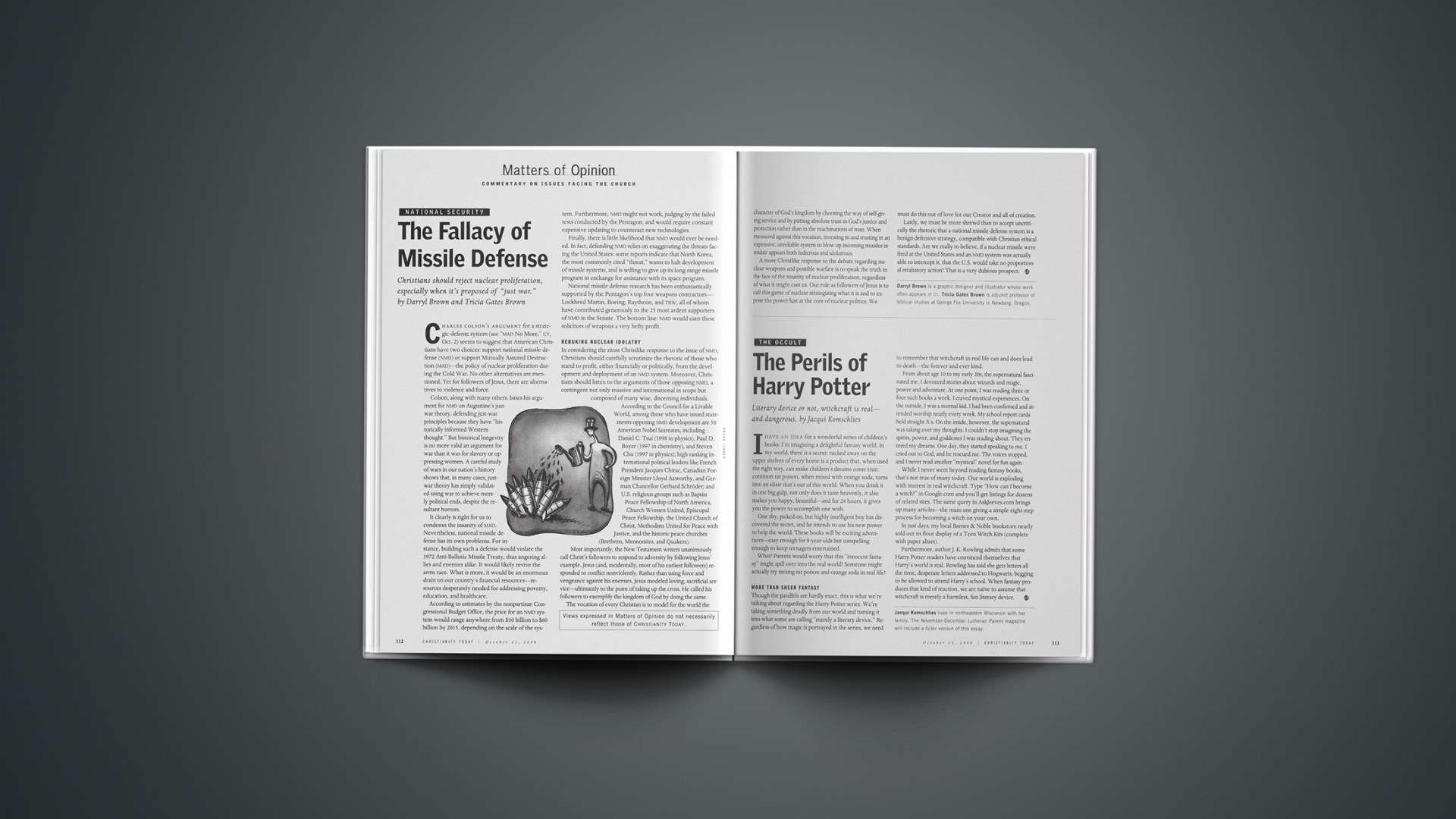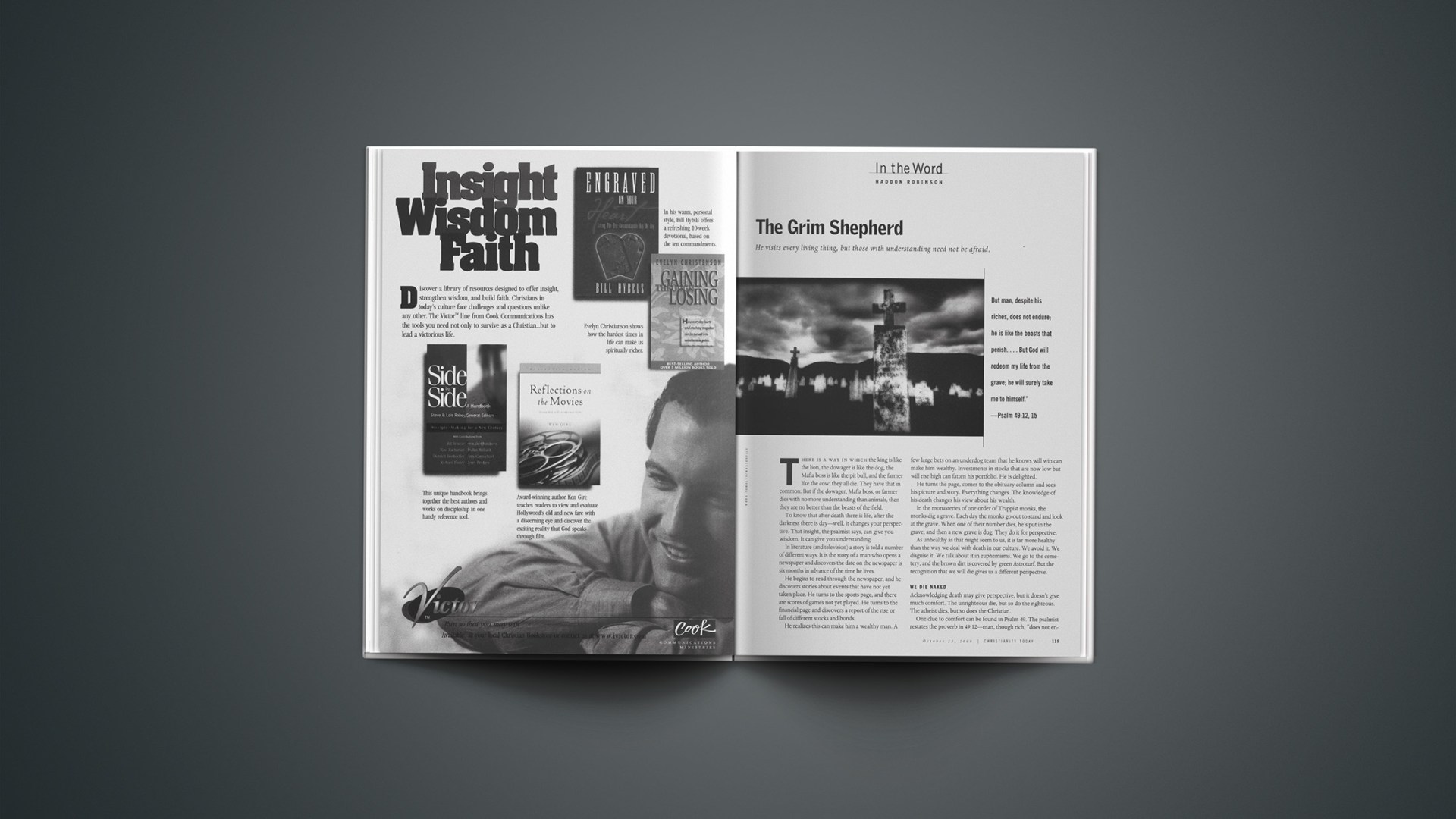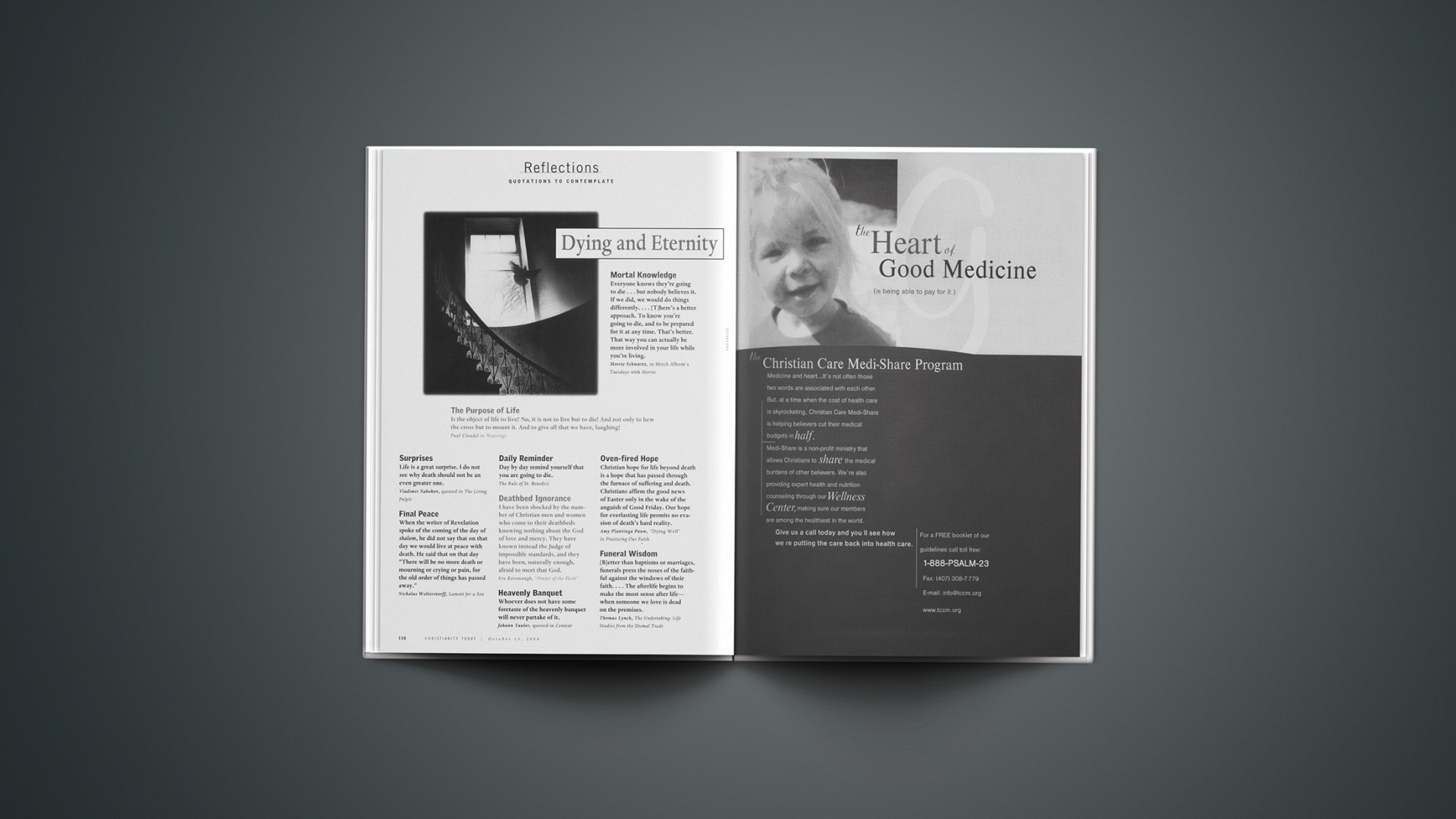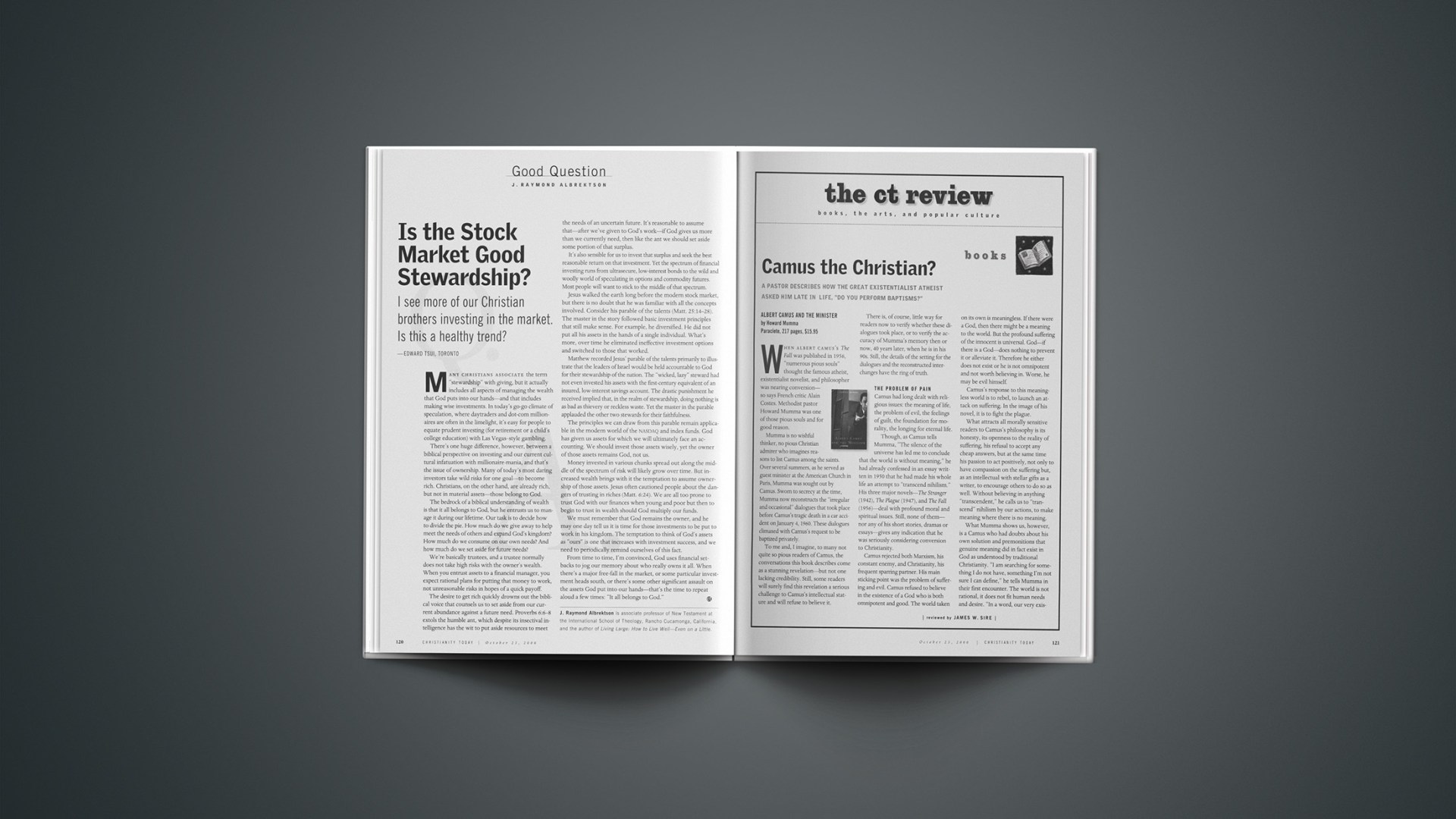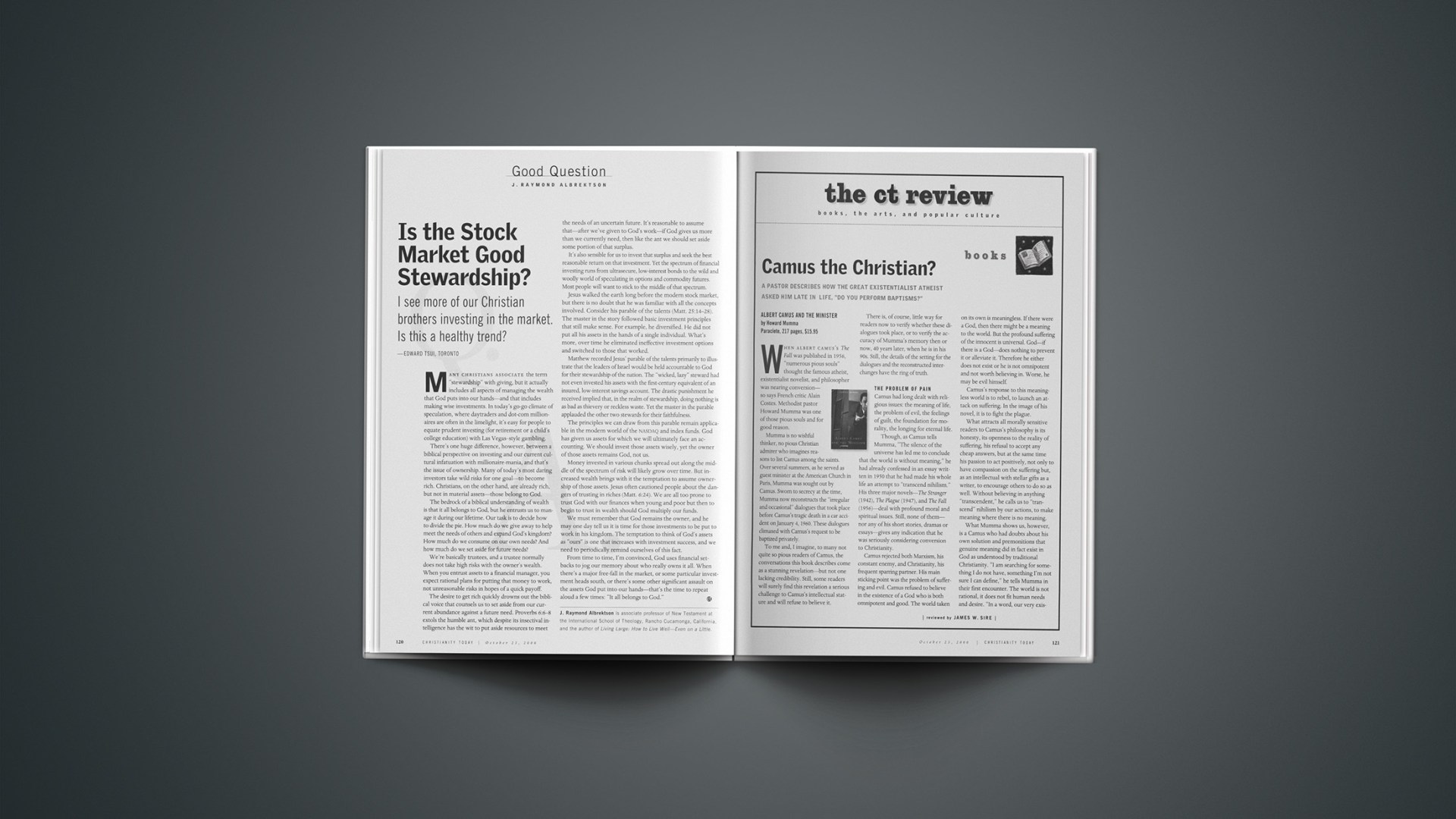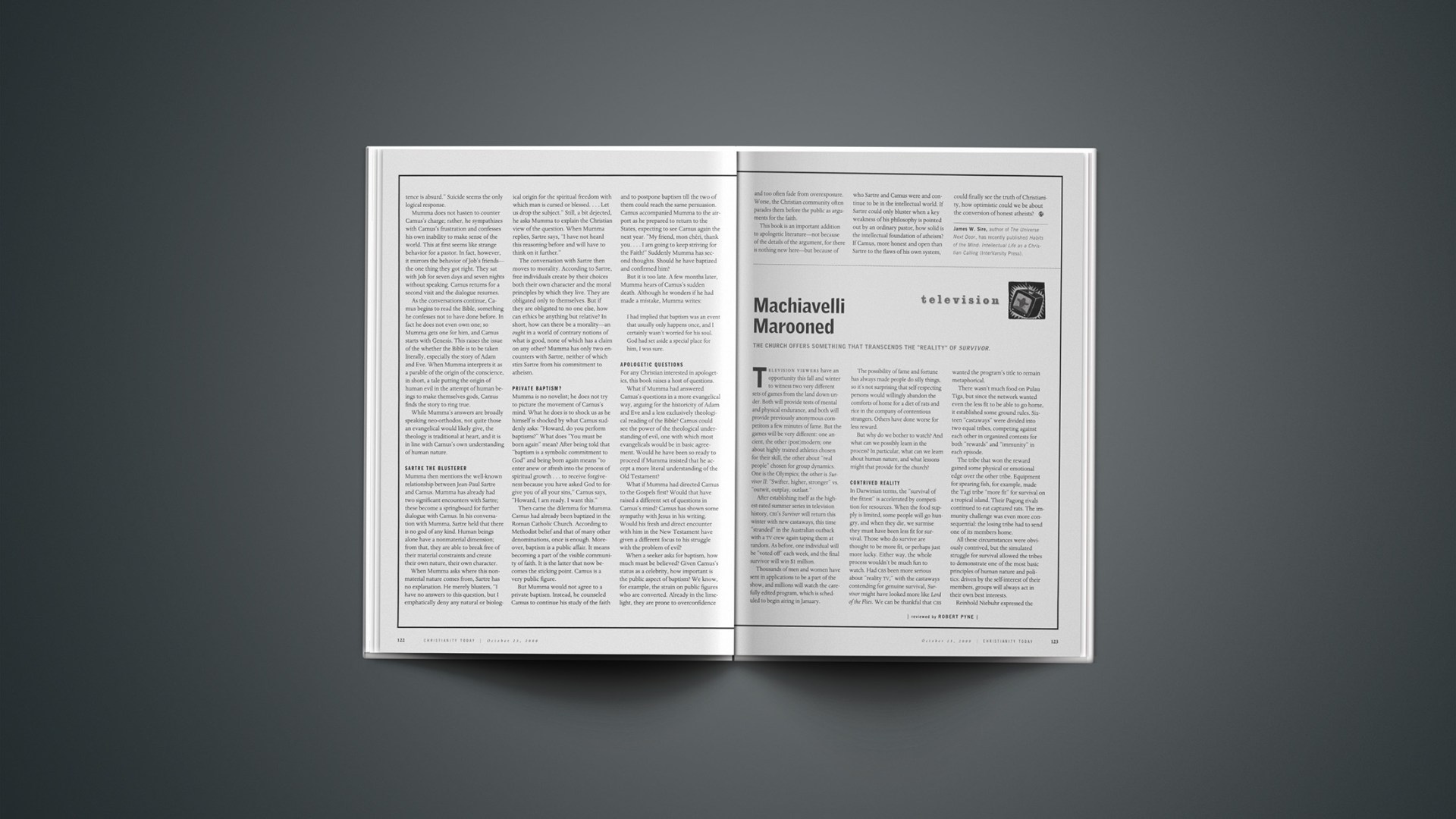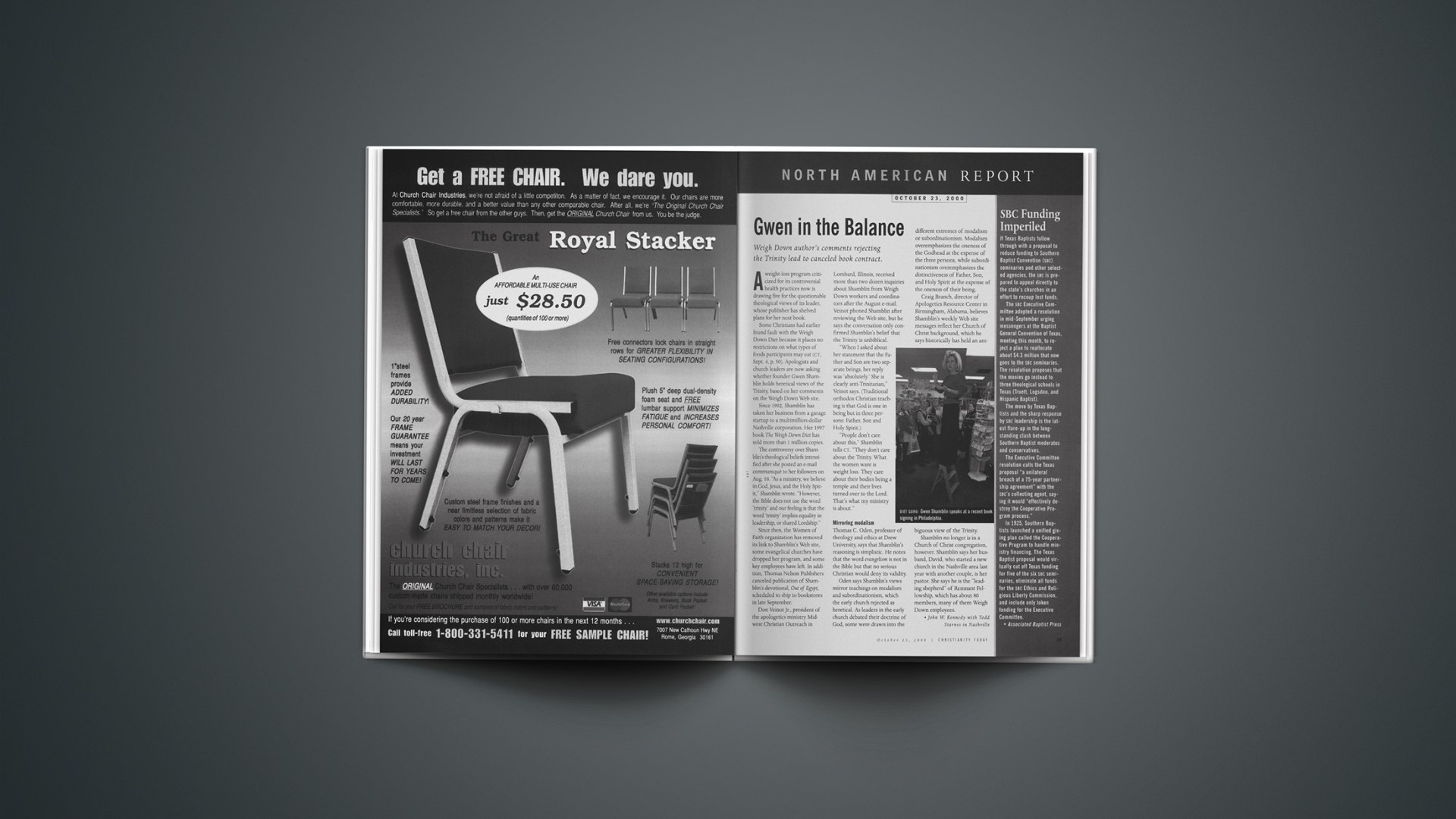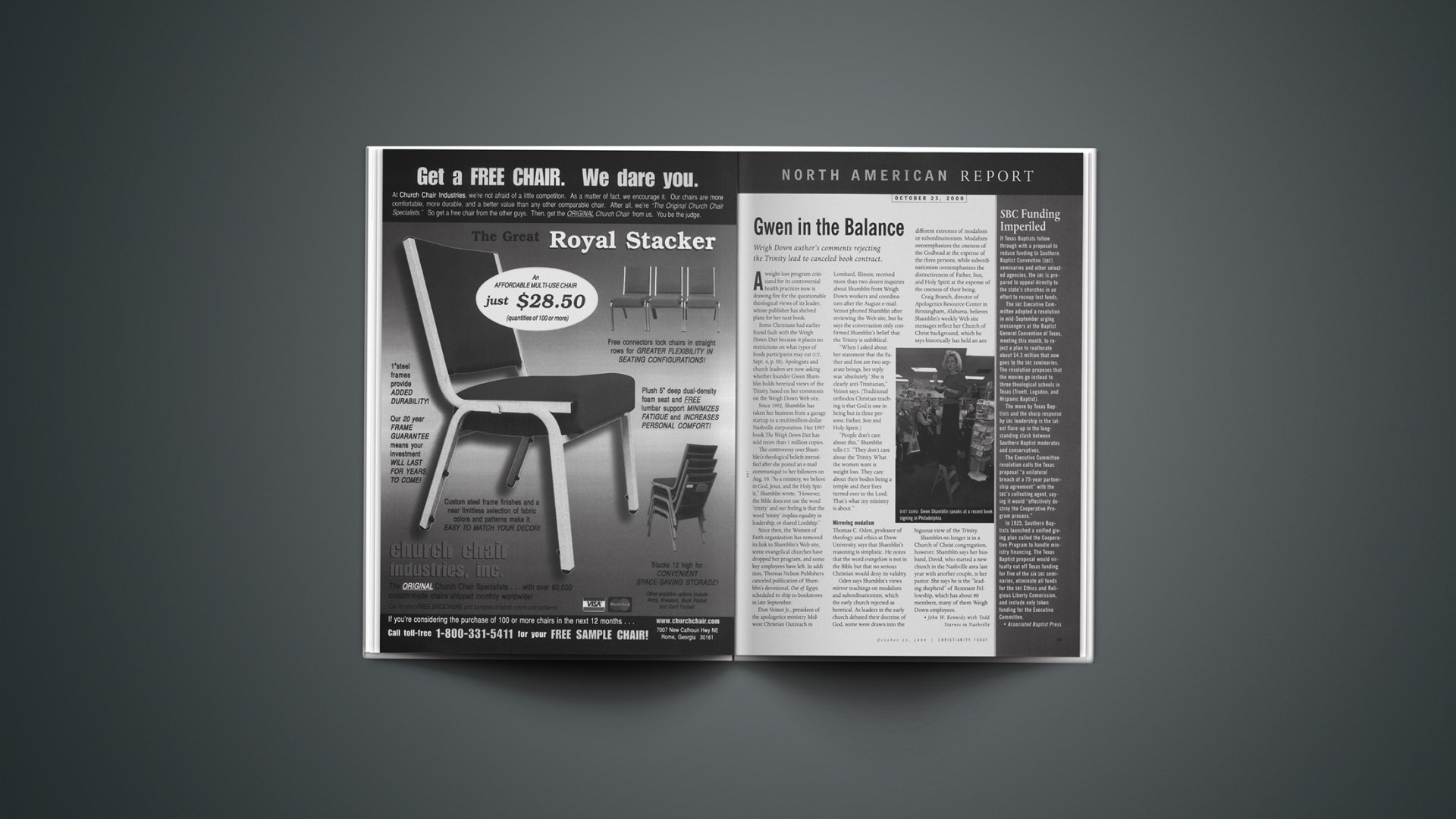I have an idea for a wonderful series of children’s books. I’m imagining a delightful fantasy world. In my world, there is a secret: tucked away on the upper shelves of every home is a product that, when used the right way, can make children’s dreams come true: common rat poison, when mixed with orange soda, turns into an elixir that’s out of this world. When you drink it in one big gulp, not only does it taste heavenly, it also makes you happy, beautiful—and for 24 hours, it gives you the power to accomplish one wish. One shy, picked-on, but highly intelligent boy has discovered the secret, and he intends to use his new power to help the world. These books will be exciting adventures—easy enough for 8-year-olds but compelling enough to keep teenagers entertained.
What? Parents would worry that this “innocent fantasy” might spill over into the real world? Someone might actually try mixing rat poison and orange soda in real life?
More than sheer fantasy
Though the parallels are hardly exact, this is what we’re talking about regarding the Harry Potter series. We’re taking something deadly from our world and turning it into what some are calling “merely a literary device.” Regardless of how magic is portrayed in the series, we need to remember that witchcraft in real life can and does lead to death—the forever and ever kind.
From about age 10 to my early 20s, the supernatural fascinated me. I devoured stories about wizards and magic, power and adventure. At one point, I was reading three or four such books a week. I craved mystical experiences. On the outside, I was a normal kid. I had been confirmed and attended worship nearly every week. My school report cards held straight A’s. On the inside, however, the supernatural was taking over my thoughts. I couldn’t stop imagining the spirits, power, and goddesses I was reading about. They entered my dreams. One day, they started speaking to me. I cried out to God, and he rescued me. The voices stopped, and I never read another “mystical” novel for fun again.
While I never went beyond reading fantasy books, that’s not true of many today. Our world is exploding with interest in real witchcraft. Type “How can I become a witch?” in Google.com and you’ll get listings for dozens of related sites. The same query in AskJeeves.com brings up many articles—the main one giving a simple eight-step process for becoming a witch on your own.
In just days, my local Barnes & Noble bookstore nearly sold out its floor display of a Teen Witch Kits (complete with paper altars).
Furthermore, author J. K. Rowling admits that some Harry Potter readers have convinced themselves that Harry’s world is real. Rowling has said she gets letters all the time, desperate letters addressed to Hogwarts, begging to be allowed to attend Harry’s school. When fantasy produces that kind of reaction, we are naïve to assume that witchcraft is merely a harmless, fun literary device.
Jacqui Komschlies lives in northeastern Wisconsin with her family. The November-December Lutheran Parent magazine will include a fuller version of this essay.
Related Elsewhere
More on Harry Potter and Christianity is available from the Center for Studies on New Religions ( CESNUR) and the Apologetics Index.
The church of All Saints in Guildford, Surrey, England, had a special “Harry Potter” family service, complete with changes in the Church of England liturgy. “Some clergy from the Church of England’s evangelical wing have protested, saying importing occult symbols into Christian liturgy is a terrible idea that can confuse children,” reported the New York Post’s Rod Dreher. “They’re right—and I say that as someone who adores the Harry Potter books—but the real error here has nothing to do with the misuse of our beloved Harry. The real offense here is the profane notion that sacred liturgy can or should be made a slave of entertainment-driven faddishness.” Meanwhile, evangelicals are protesting the use of Gloucester Cathedral in the upcoming Harry Potter movie. The cathedral will be used as the Hogwarts School of Witchcraft and Wizardry.
Muggles For Harry Potter is an association for people interested in counteracting Potter book banning efforts.
This unofficial fan site boasts children’s illustrations, pictures of the Harry Potter movie cast, and printable paper dolls of Harry, Ron, and Hermione. The official Harry Potter site doesn’t offer as much peripheral information, but if it’s information on the books you want, the official site at Scholastic is a fine place to begin.
Read the transcript of a J.K.Rowling chat online, or read a three-part Rowling interview about writing, parenting, and fame.
Harry Potter and the Sorcerer’s Stone, Harry Potter and the Chamber of Secrets, Harry Potter and the Prisoner of Azkaban, and Harry Potter and the Goblet of Fire are all available from Amazon.com and other book retailers.
Previous Christianity Today articles about Harry Potter include:
Virtue on a Broomstick | The Harry Potter books, and the controversy surrounding them, bode well for the culture. (Sept. 7, 2000)
Opinion Roundup: Positive About Potter | Despite what you’ve heard, Christian leaders like the children’s books. (Dec. 13, 1999)
Parents Push for Wizard-free Reading | Bestsellers now under fire in some classroom. (Dec. 13, 1999)
Why We Like Harry Potter | The series is a ‘Book of Virtues’ with a preadolescent funny bone. (Dec. 13, 1999)
Copyright © 2000 Christianity Today. Click for reprint information.

